Home › Health › Pain
After a Gastric Sleeve Procedure, How Long Will Eating Pain Last?
Published on:
The gastric sleeve procedure may result in some unpleasant side effects, just like any other procedure. One of these unfavorable effects after a gastric sleeve is pain when eating. It makes sense if this concerns you. You might be concerned that you made a mistake. That's probably because patients are told that they might feel sick after eating, even though pain by itself might point to something more serious. The good news is that most people who have had gastric sleeve or gastric bypass surgery feel pain after eating.
In this article, we'll talk about how to deal with the discomfort that comes with eating after surgery.
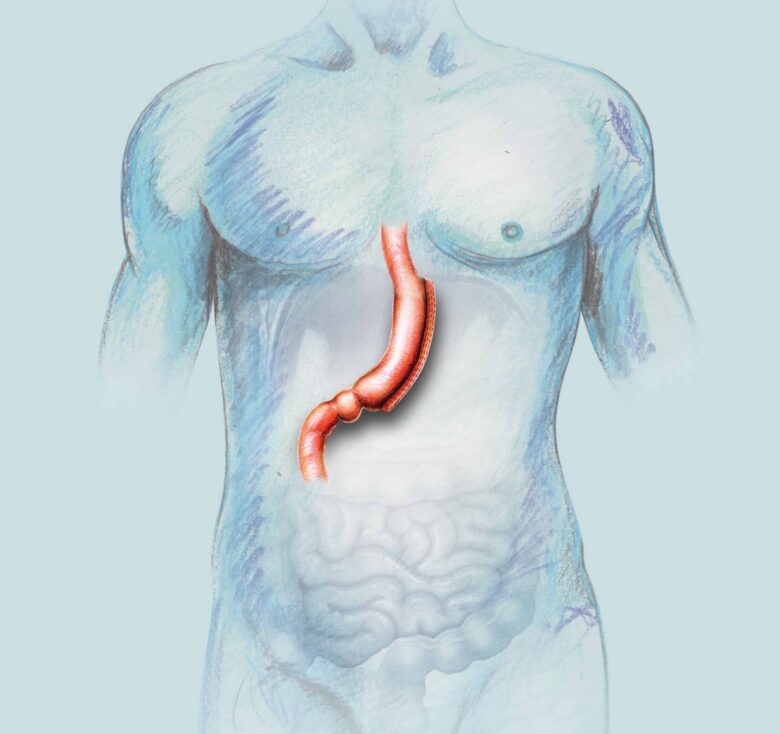
Post-Op for one day
You most likely had a restless night in which you turned over a lot and watched a lot of television. You won't be allowed to drink anything until the doctor performs a swallow test to check for leaks, which you'll get to do today.
Pain
Pain frequently stands out more. Your movement is increasing as the anesthetic wears off. There shouldn't be a lot of pain for those who have had a laparoscopic procedure. Comfort is impacted by position. Sips of water help to relieve throat pain caused by dryness and swelling.
Diet
savor only beverages that are clear. Enjoy it, but exercise caution. It's possible that you're not hungry right now. Many people are currently still not hungry. The issue is that water is needed by almost everyone who is dehydrated. It's critical to follow the diet your doctor has advised. Consume as little food and liquid as possible. Avoid coffee and carbonated beverages.
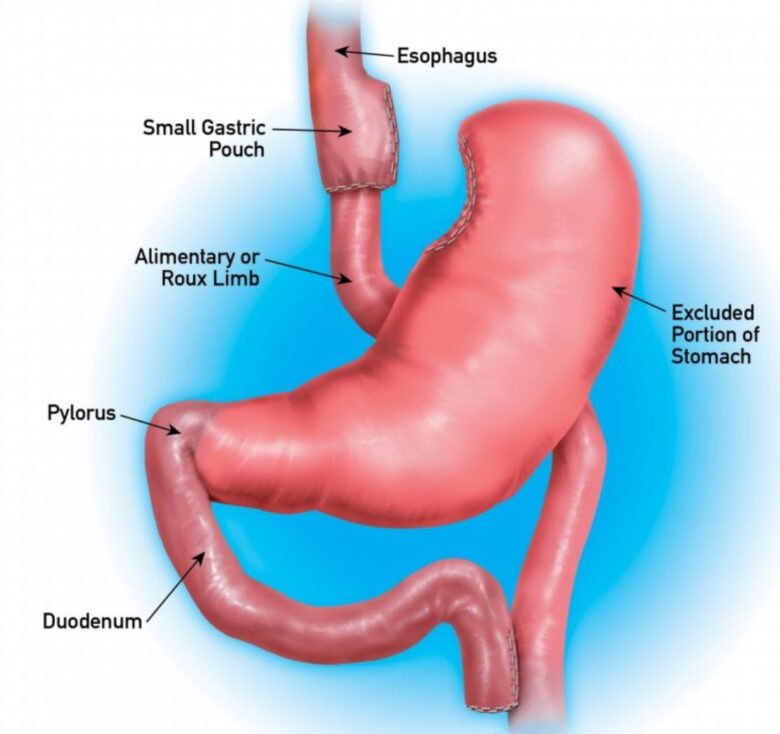
Post-Op: 2–14 Days
You're probably on your own at this point. After your surgery, the hospital has given you the all-clear. You can no longer receive assistance from the group you had to help. Your caregiver, who may have been your spouse, a member of your family, or a friend, may now be back at work. Work-related responsibilities fall on your shoulders. You might also yearn for the more effective IV pain medications or the hospital's pain pump.
Pain
However, most people are capable of tolerating some level of pain. The period between days three and six is often when patients say they are most uncomfortable. Due to the increased activity level in the third to sixth days following surgery, pain is at its worst.
Diet
Observe the diet that has been recommended by your surgeon. The diet for the following week will probably consist solely of liquids, first clear liquids and then full liquids. Make sure you always get enough water. Your body won't get the same high volume of fluids from your diet that it used to.
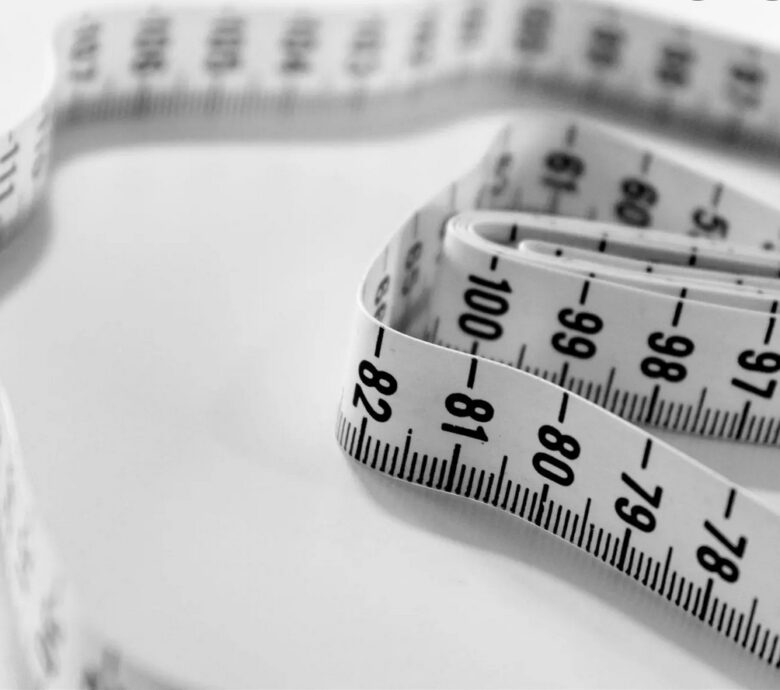
2 and 3 weeks after surgery
Some people are prepared to start working again after the first week. For the majority of people, turning and bending still causes too much discomfort to consider their jobs seriously. Additionally, a startlingly high percentage of people assert that they are too worn out to work. They haven't quite gotten used to the new diet.
Pain
It must not be too painful. It ought to be tolerable, if occasionally annoying. You'll notice and feel the difference right away when you go out to run your first batch of errands after the change, like getting in and out of your car.
Diet
Over the next two to four weeks, those will make up the majority of your soft, pureed food diet. Dietary items must have the consistency of a thick paste or liquid. There shouldn't be any food fragments floating around.
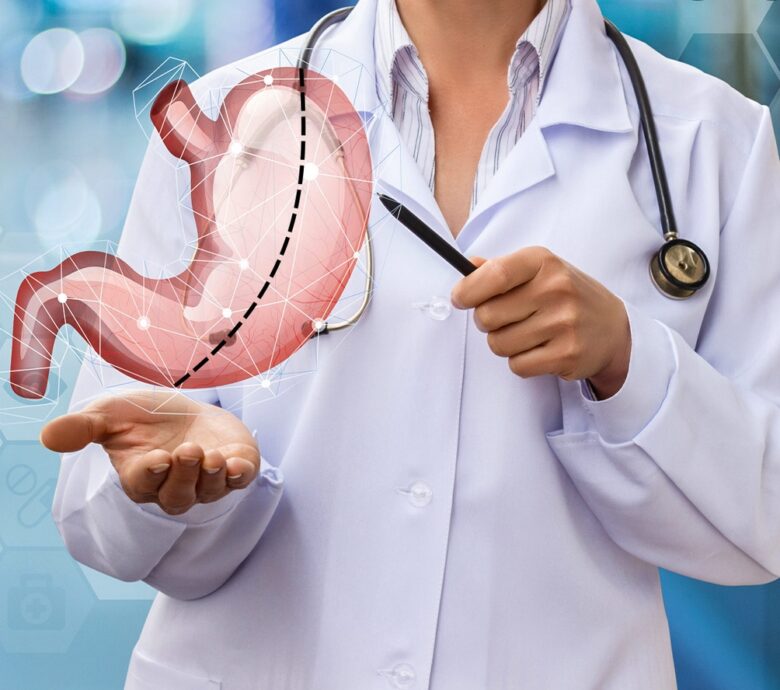
Post-Op: Third Week to Third Month
You're back at work and you've already lost some weight. While the majority of patients say they feel encouraged by their weight loss, lighter, and even more energetic, some patients say they feel just as exhausted as they did before surgery. It's possible that you need more assistance right now. Your feelings are probably going to change.
Pain
You should experience little pain by the second month and be able to stop using any painkillers. You must consult your doctor if the pain persists.
Diet
After a few weeks of bland, pureed food, it's time for something new. You can start eating more solid foods once your doctor gives the all-clear.
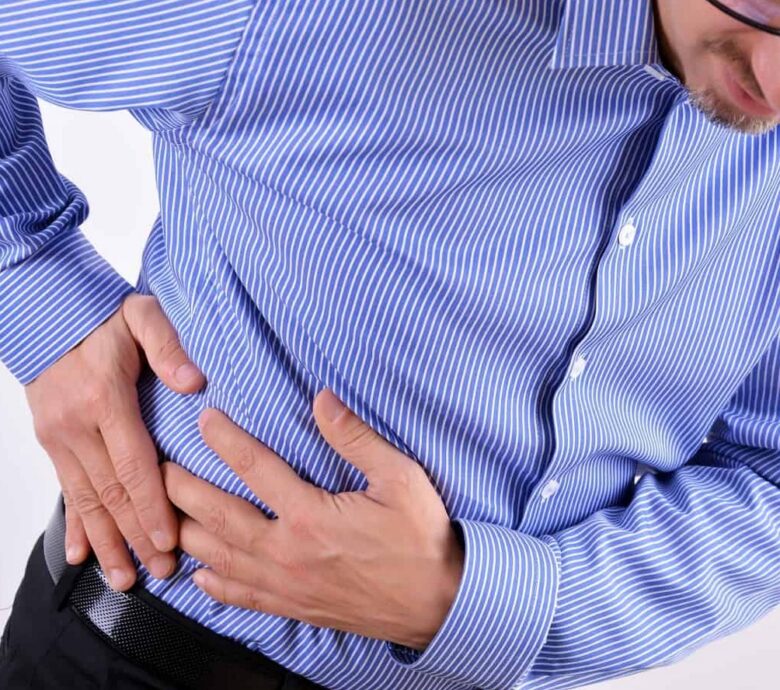 Three Months and Upward Post-Op
Three Months and Upward Post-Op
You should be proud of yourself because you made a significant decision to have gastric sleeve surgery. You've recently noticedably lost weight. Your doctor probably gave you the all-clear to eat solid foods because you've lost weight.
Pain
You shouldn't be in too much pain right now. If the discomfort does not go away, you ought to see a doctor.
Diet
After that point, solid meals can usually be introduced, according to diet doctors. It's exciting, but proceed with caution at first. It might be difficult to tolerate feeds that are crunchy or spicy. Eat one food at a time to give your body time to digest new foods. You'll be surprised at how full you become! A sensible first step is alter-ing your diet.
Pain Resulting From Other Factors
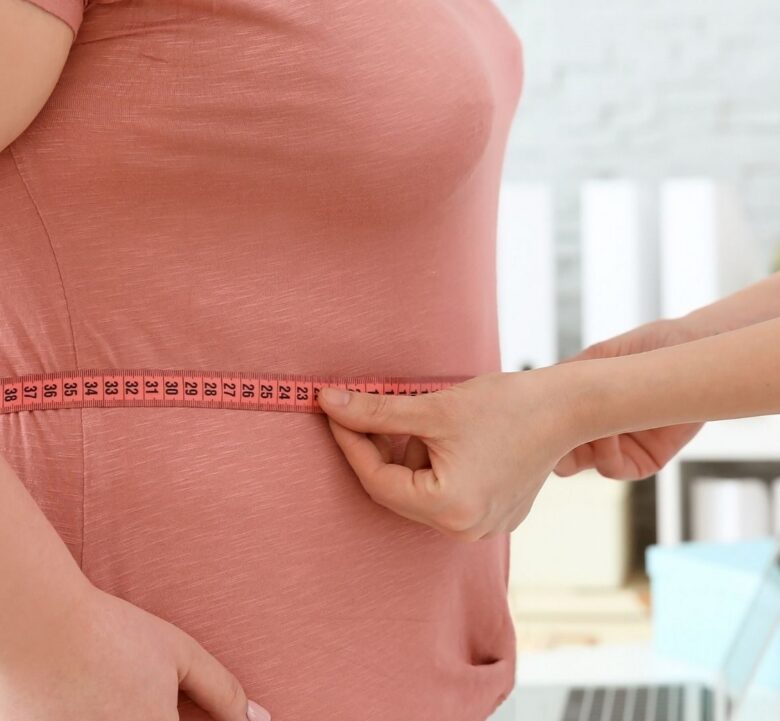
Internal Pain
After eating, patients with gastric bypass may experience stomach pain. Overeating is typically the cause of this ache.
Epigastric Pain
Another post-meal annoyance is esophageal spasms.
Gas
The discomfort experienced after eating may be brought on by gas buildup.
Constipation
Bariatric patients frequently have trouble passing stool after eating.
The Dumping Syndrome in Practice
Dumping Syndrome, which occurs when food passes primarily from the stomach to the small intestine without being digested, affects some patients who have undergone bariatric surgery.
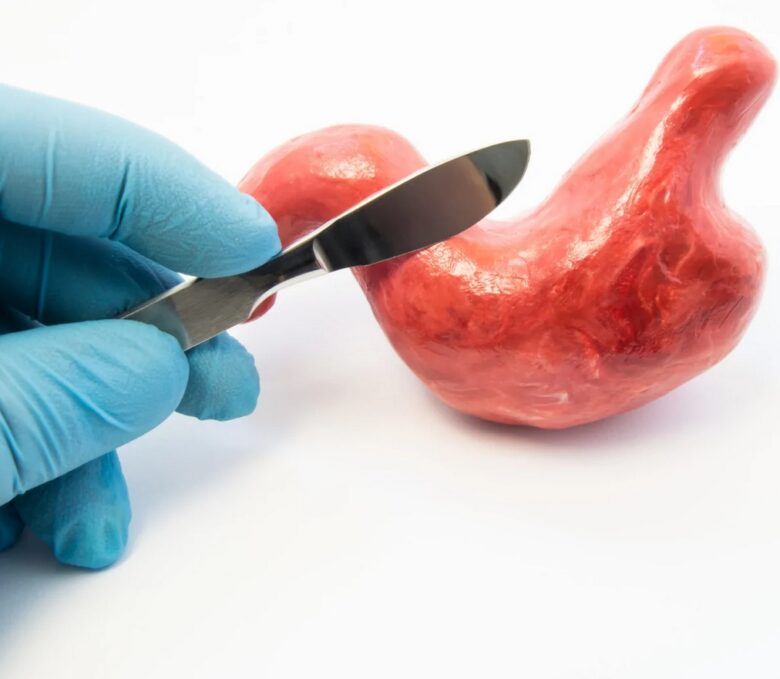
Final Points
Postprandial pain is frequently brought on by overeating or eating too quickly in patients with obesity. It might make you feel uncomfortable in your chest, esophagus, or your stomach. Fortunately, by making a few minor lifestyle adjustments, you can lessen the discomfort and pain you experience after having a gastric sleeve.
A healthy lifestyle change, such as regular exercise and a change in diet, should be combined with obesity surgery. The activity is only a means to an end, though. Patients frequently experience unexpected outcomes when they learn how to properly use their aid. Some people experience difficulties and attribute the issue to the tool itself.
The majority of people who experience issues following surgery desire a prompt resolution. With bariatric surgery, they weren't prepared to adopt a "forever and ever" perspective. Remember that for the best long-term health and success outcomes, yearly checkups with your bariatric practitioner are advised.
Share With Your Friends